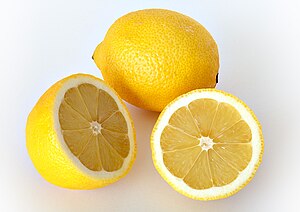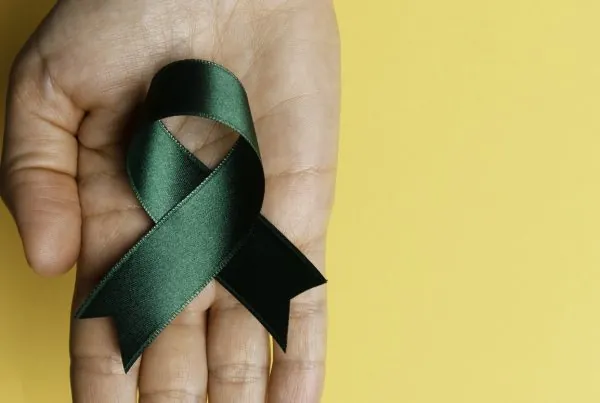“When life gives you lemons, make lemonade.” Isn’t that how the saying goes? Well, what if you suffer from alcoholism or addiction, or a mental illness, and the thought of self-care never even enters your mind? What if a bowl full of lemons merely represents the puckered, sour taste of your life?
While performing acts of self-care is a learned trait, it’s invaluable once you integrate the practice into your life. I think of the instructions you’re given in an airplane in case of an emergency: “Secure your own mask first before helping others.” Because we can’t always control our environments or the stressors that come and go in our lives, it’s important to have a means of caring for ourselves so we don’t get “knocked over” by life itself. Essentially, if we don’t learn to care for ourselves and ensure our well-being, we become bereft in our abilities to care for others.
You can start small, but I encourage you to start. Pick one or maybe two of these and see how it makes you feel!
- Make sure you’re getting enough sleep. Sleep deprivation has a slew of negative side effects, including: irritability, reduction in alertness, memory problems, daytime drowsiness, stress and anxiety.
- Don’t skip meals. Skipping meals adds stress to the body and increases irritability and moodiness.
- Exercise. Go for a hike, take a walk, do some yoga, go surfing, et cetera. Moving your body raises endorphins and lifts your mood!
- Read a book or watch a funny movie. Sometimes taking a mental break and doing something purely entertaining is a great way to take care of ourselves.
- Do one thing at a time. Yes, this might mean putting the kibosh on multi-tasking! The irony is, you’ll probably get more done.
- Find a way to “do nothing” for 10 minutes…everyday. It’s a recharge for the brain. Seriously. Yes, that may mean logging off of Facebook for 10 min so you can take some deep breaths. I promise, you won’t actually miss anything.
- Ask for help if you need it. I honestly think this is the hardest and yet most valuable component of self care. We can’t recover on our own, not from addiction, alcoholism, or mental illness.
As we begin to invest time in ourselves and create space for nurturing and self care, we fortify our hearts. Being able to recognize our needs is paramount in recovery. It’s not selfish to take care of ourselves; it’s an act of kindness.
When in doubt, remember this: “You, yourself, as much as anybody in the entire universe, deserve your love and affection.” (Buddha)








